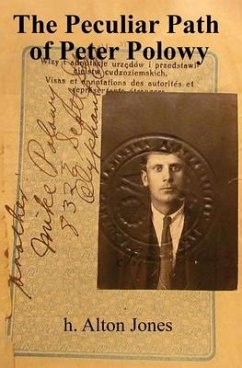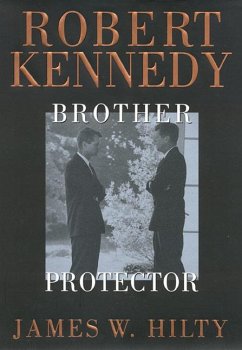
The Heart of the Family: Italian Immigrant Women in Mining Communities: 1880-1920
Versandkostenfrei!
Versandfertig in über 4 Wochen
13,99 €
inkl. MwSt.

PAYBACK Punkte
7 °P sammeln!
This book examines the lives of immigrant women from Northern Italy leaving poverty and oppression in their native country. Most readers are unaware that Southern Italians dominate the literature on the Italian American experience. Although Northern Italians were the first to leave Italy around the time of unification, their food and culture is often overlooked. It is the tsunami of Southern Italians, fleeing miseria that portrayed a group of immigrants for the American people. Accounts of women's lives are based on oral histories and other research in both coal and coper mining camps. The rea...
This book examines the lives of immigrant women from Northern Italy leaving poverty and oppression in their native country. Most readers are unaware that Southern Italians dominate the literature on the Italian American experience. Although Northern Italians were the first to leave Italy around the time of unification, their food and culture is often overlooked. It is the tsunami of Southern Italians, fleeing miseria that portrayed a group of immigrants for the American people. Accounts of women's lives are based on oral histories and other research in both coal and coper mining camps. The reader will see the difficulties women faced and how they were the emotional heart of their families. Another aspect of the book is how labor unions were able to improve living for miners against the resistance of owners. Certainly, these early Italians were not greeted with open arms and had to survive prejudice and discrimination that they and their children faced. Phylis Cancilla Martinelli, PhD in sociology and now a Professor Emerita. She is a third generation native of San Francisco, California. Phylis retired from teaching sociology at St. Mary's College, Moraga California. Being the first in her family to go to college impacted Phylis and her career. Phylis's main focus currently is research on ethnic history. This interest grew out of her own background as the grandchild of immigrants from Italy. It wasn't until she was in graduate school she realized she knew nothing about the history of Italy, a nonindustrial nation according to Marx, where her family came from. Phylis' interest in the history of immigrant groups was heightened by a newly formed Italian American Historical Association. It was only when she moved to Arizona that she became interested in the mining experience of Italian Americans.












